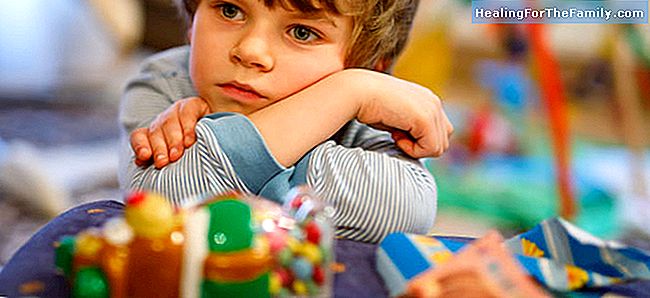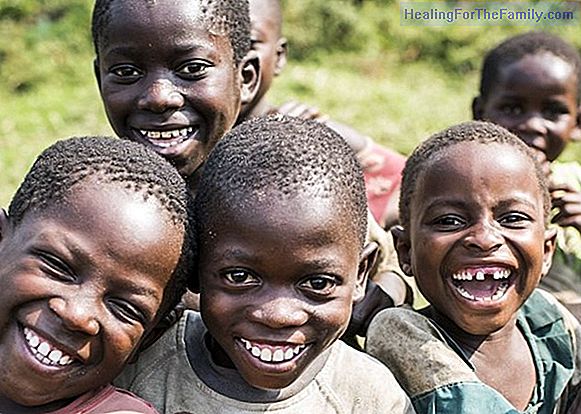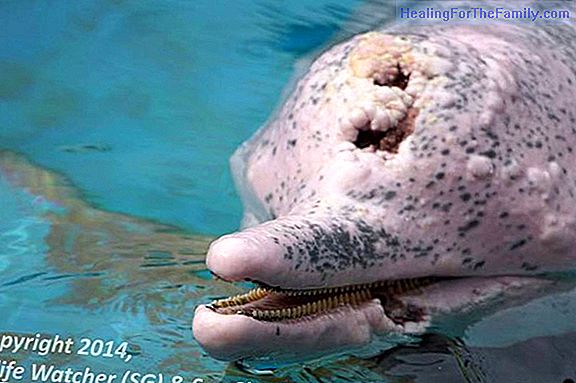The fear of children to be alone
From small emotions are part of our lives providing us with the necessary tools to solve or perform the tasks with which we are running. They impel us to act to meet our needs. In the case of fear, whether real or imaginary, it allows us to avoid a danger and act with caution. When there is fear of
From small emotions are part of our lives providing us with the necessary tools to solve or perform the tasks with which we are running. They impel us to act to meet our needs.
In the case of fear, whether real or imaginary, it allows us to avoid a danger and act with caution.
When there is fear of being left alone in children

Some of the reactions that trigger emotions are innate, while others are acquired. In general, they are learned by observing our environment, but in the case of fear, it is acquired through direct experience. We are facing an emotion necessary for survival because allows to be safe from situations of risk.
The 'feeling of terror' varies in different ages and some children are more fearful than others. The fear of being left alone occurs in children aged 2 to 4 years, along with other fears such as fear of animals, darkness (being the equivalent of loneliness), masks or people in disguise.
- It is a habitual fear in children. It is disappearing as we get older.
- Emotionally, loneliness scares us during childhood because it makes us feel helpless.
When they are afraid of being left alone children
Children love to have their referents on hand and feel that they can get their attention with everything they do. They need your approval, your support, your trust and your help. They like to do things 'alone' but not in solitude. Therefore, this fear can occur in children:
- When they stay at school, because although they are surrounded by peers, they feel without the company and protection of their parents.
- When there is a delay when picking them up from school or an activity.
- When they are alone in their room, even though we are with them inside the house.
How to help children with fear of being alone
When children are very young, adults are the ones who are really afraid to leave them alone with the belief that children do not have the necessary resources to cope with situations that happen to them.
Loneliness is difficult but it is an opportunity to learn. When they have to solve things for themselves, they develop strategies to find solutions, while if adults are close by controlling and solving their problems, they may be accommodating. To help them enjoy this solitude it is important that we leave them 'alone' in a progressive way and in short periods of time: Que 1. Let them play alone, in their room, without our continuous support.
2. Allow them to do tasks without company such as buying bread, going to class, etc. Always letting them know that the adult is close by controlling.
3. Tell you in detail how the new experience you will be facing will be and prepare you to face it satisfactorily. For example, telling a story.
4. If the child has a hard time facing situations of terror of loneliness, ask what he is afraid of and try to understand him.
5. It is advisable to try to talk to the child about his fears, but without obsessing and without it becoming the main topic of conversation. Teaching to control emotions is different from repressing them. It is important that the child learns to express them according to the moment, the situation and the people present.
6. Do not force a confrontation with your fear. Facing his fear can only create more anxiety.
7. Do not minimize your feeling, just the opposite. Clarify that we can not avoid emotions. We all have the right to all our feelings, including those of fear.












